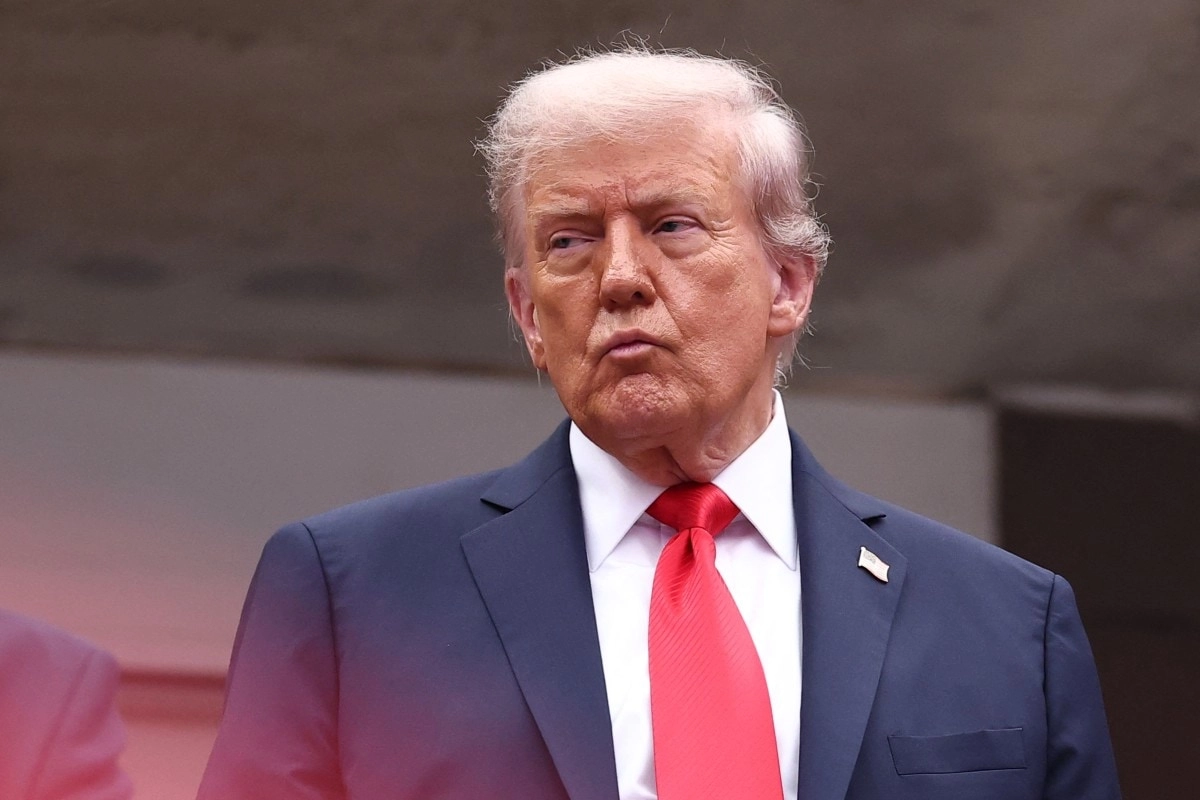The United States has implemented a significant measure affecting Iranian diplomats, prohibiting them from shopping at high-end retail locations, including Costco and other luxury stores in New York. This decision comes amid heightened tensions between the U.S. and Iran, as diplomatic relations have remained strained for several years. The ban reflects broader geopolitical dynamics and serves as a symbolic gesture aimed at applying pressure on the Iranian government. By restricting access to luxury goods and services, the U.S. government is sending a clear message regarding its disapproval of Iran’s actions on the global stage.
The implications of this ban extend beyond mere shopping restrictions; they highlight the complexities of international diplomacy and the often contentious nature of U.S.-Iran relations. Diplomats, who typically enjoy certain privileges and immunities under international law, now find their access to everyday goods limited, which could impact their operational capacity in the U.S. While the intent is to target governmental behavior, the repercussions could also affect the personal lives of diplomats and their families, who may find themselves navigating a more restricted lifestyle during their tenure in the country.
Furthermore, this development underscores the ongoing efforts by the U.S. to leverage economic pressure as a tool in its foreign policy arsenal. By limiting the ability of Iranian diplomats to access luxury goods, the U.S. hopes to underscore the disparities between the lifestyle of its own citizens and that of Iranian officials. However, such measures may also complicate diplomatic engagements and dialogues, as they could foster resentment or provoke retaliatory actions from Iran. The situation remains fluid, and how both nations respond to these developments will be crucial in shaping future interactions.
As global political landscapes continue to shift, the actions taken by the U.S. regarding Iranian diplomats serve as a reminder of the intricate interplay between commerce, diplomacy, and international relations. This ban may set a precedent for how nations can impose restrictions on foreign diplomats in response to perceived transgressions. The broader ramifications of such policies could influence diplomatic norms and practices, potentially leading to a reevaluation of how countries interact with one another in an increasingly polarized world. Ultimately, the situation will require careful navigation to avoid further escalation and to foster avenues for dialogue and resolution.




